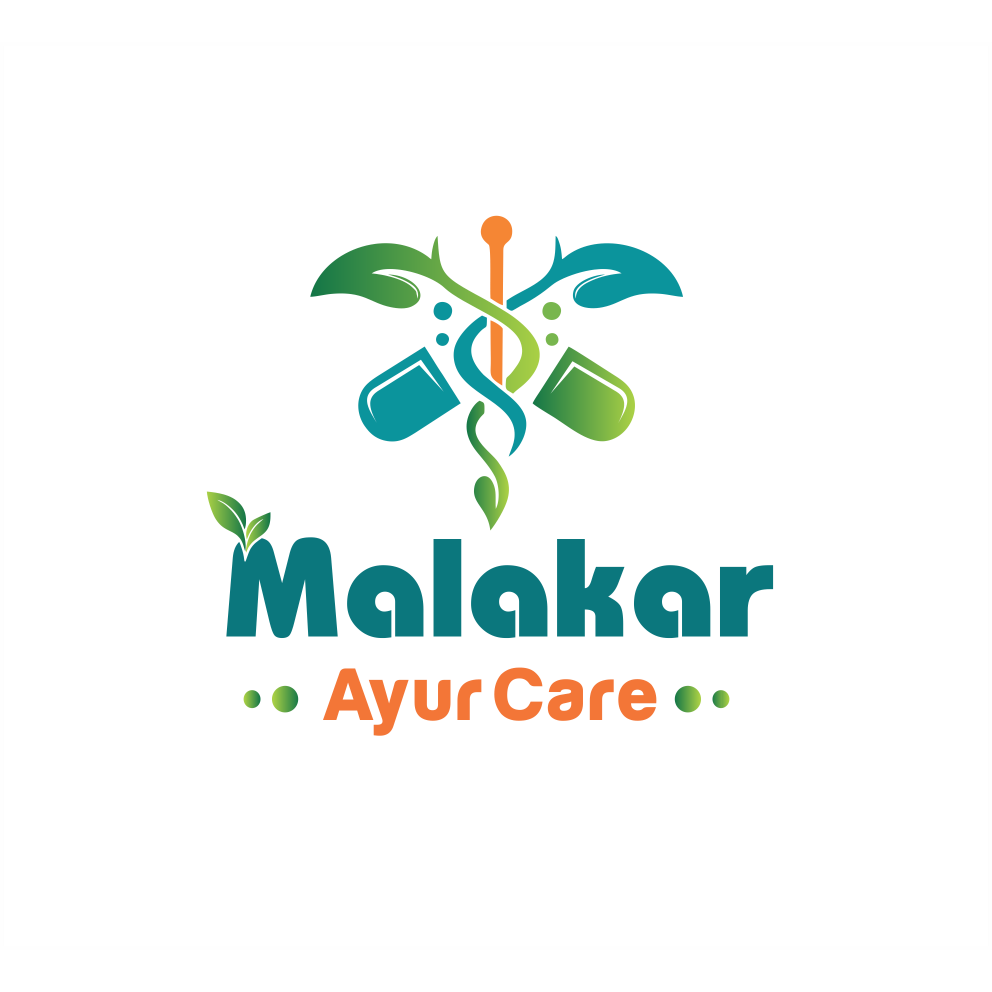
2025-07-29T18:51:47
Advanced Fistula Healing: Exploring Non-Surgical Approaches for Anal Fistula Without Surgery Advanced fistula healing is increasingly focusing on sophisticated non-surgical approaches for anal fistula, offering viable alternatives to traditional surgery. This paradigm shift is particularly significant for patients seeking to avoid the risks and prolonged recovery periods associated with invasive procedures. Innovative methods like PRP Therapy, where platelet-rich plasma is injected to stimulate tissue regeneration, and specialized medical glues are at the forefront of this revolution. These techniques aim to promote natural healing and close the fistula tract without the need for incisions. The goal is to achieve complete healing while preserving the integrity of the sphincter muscles, thereby mitigating the risk of complications such as fecal incontinence. This forward-thinking approach to anal fistula treatment prioritizes patient well-being and long-term functional outcomes, redefining what's possible in fistula care. Microscopic view of tissue regeneration and cellular healing process, indicating advanced non-surgical repair. Deciphering Non-Surgical Management for Anal Fistula: Insights from a Patient Advisor Deciphering the realm of non-surgical management for anal fistula can be complex, and insights from a patient advisor are invaluable. These advisors often highlight that while surgery is often presented as the definitive solution, several non-invasive strategies exist that can effectively address anal fistulas, especially simpler ones or those in early stages. Options include specialized antibiotics to clear infection, anti-inflammatory medications to reduce swelling, and advanced biological agents for more complex cases, particularly those linked to Crohn's disease. The patient advisor emphasizes understanding the underlying cause, whether it's an abscess or a chronic infection, to tailor the most effective treatment plan. The focus is on promoting healing from within, minimizing discomfort, and preventing recurrence without the need for invasive surgery. This holistic perspective empowers patients to take an active role in their healing journey. A patient advisor explaining complex medical diagrams of anal fistula non-surgical management to a concerned patient. Holistic Fistula Treatment: Embracing Home Remedies and Alternative Fistula Remedies Holistic fistula treatment broadens the scope beyond conventional medical interventions, embracing beneficial home remedies and alternative fistula remedies to complement healing, particularly for managing symptoms of anal fistulas. While these should never replace professional medical advice for serious conditions like an abscess or complex fistulas, they can provide significant comfort and support during the healing process. For instance, Epsom Salt Sitz Baths can alleviate pain and promote muscle relaxation in the anal region, aiding in symptom control. Natural antibacterial agents like tea tree oil (diluted) or ginger tea and cloves might offer minor support against infection. These remedies aim to reduce inflammation, promote better circulation, and enhance the body's natural healing capabilities. However, it's crucial to consult a colorectal specialist before integrating any home remedies, ensuring they don't interfere with prescribed treatments or exacerbate the condition. A collection of natural herbs and ingredients commonly used in home remedies, such as ginger, tea tree oil, and Epsom salts. Transforming Anal Fistula Treatment: Future Trends and Dr. Azhar Alam's Approach The landscape of anal fistula treatment is undergoing a significant transformation, with future trends pointing towards even less invasive and highly targeted therapies. Dr. Azhar Alam, a renowned specialist, is at the forefront of this evolution, championing approaches that aim for fistula healing without resorting to traditional surgery. His methodology often integrates advanced diagnostic techniques to precisely map the fistula tract, followed by innovative non-surgical interventions. These may include refined biological therapies, stem cell treatments, and highly specific laser applications that promote natural regeneration and closure of the anal fistula. The emphasis is on preserving sphincter integrity and minimizing patient discomfort, reducing the risk of complications such as fecal incontinence. This forward-thinking approach promises a future where patients can achieve complete resolution of their anal fistula with minimal disruption to their daily lives. Futuristic medical device concept for non-invasive fistula treatment, reflecting future trends in healthcare. Concluding Thoughts on Anal Fistula Healing: Sustaining Health Without Surgery In conclusion, the advancements in anal fistula treatment are transforming patient care, offering promising avenues for achieving fistula healing and sustaining health without the need for invasive surgery. The shift towards non-surgical methods represents a significant leap forward, emphasizing patient comfort, preservation of continence, and faster recovery times. While surgery remains an option for certain complex cases, a growing body of evidence supports the efficacy of alternative treatments like Fibrin Glue, biological therapies, and innovative laser procedures. The focus now is on understanding the individual characteristics of each anal fistula and tailoring a treatment plan that minimizes risks and maximizes the chances of complete, lasting healing. This evolving landscape empowers patients to explore less arduous paths to recovery, ultimately enhancing their overall quality of life and well-being. A symbolic image of hands nurturing a plant, representing sustained health and healing without invasive procedures. Recap of Essential Anal Fistula Treatment Types and Non-Surgical Approaches Recapping the essential anal fistula treatment types highlights a diverse spectrum of options, with a growing emphasis on non-surgical approaches. Traditionally, surgery, particularly fistulotomy, was the primary method to address the anal fistula tract. However, modern medicine now offers a range of alternatives. These include Fibrin Glue injections, which aim to seal the fistula, and Seton Placements, used for drainage and to encourage gradual healing, particularly in complex cases or when an abscess is present. Advanced medications, such as biologics, play a crucial role for fistulas associated with Crohn's Disease, managing inflammation and promoting closure. Laser treatment (FiLaC) and PRP therapy are also gaining traction as minimally invasive options. The choice of treatment depends heavily on the fistula's complexity, location, and the patient's overall health, with the goal being complete fistula healing while preserving sphincter function. Infographic summarizing different anal fistula treatment types, differentiating surgical from non-surgical methods. Final Reflections on Patient-Centric Fistula Management and Health Our final reflections on patient-centric fistula management emphasize that effective anal fistula treatment extends beyond merely closing the fistula tract; it encompasses restoring the patient's quality of life and addressing their holistic health needs. This means prioritizing non-surgical approaches whenever feasible to minimize discomfort, reduce recovery time, and preserve sphincter function, thereby preventing long-term complications like fecal incontinence. A patient-centric approach involves clear communication, shared decision-making, and providing comprehensive support throughout the healing journey. It also recognizes the emotional impact of a chronic anorectal condition and ensures that patients feel empowered and informed about their choices. Ultimately, successful fistula healing is defined not just by the absence of the fistula, but by the patient's renewed sense of well-being and ability to live without the persistent burden of symptoms. A patient and doctor engaged in a supportive conversation, symbolizing patient-centric care and shared decision-making. Your Next Steps: Empowering Your Journey to Fistula Healing and Care Empowering your journey to fistula healing and care involves taking proactive steps towards comprehensive anal fistula management. Your next immediate action should be to consult with a colorectal specialist or a gastroenterologist experienced in treating anal fistulas. They can provide an accurate diagnosis of your anal fistula, determine its complexity, and discuss whether non-surgical approaches or less invasive surgery are suitable options for your specific case. Be prepared to discuss all your symptoms, including any history of abscess formation or chronic drainage. Don't hesitate to ask about various treatment options, from advanced medications to Fibrin Glue or Seton Placement. Actively participating in your treatment decisions and adhering to post-treatment care instructions are crucial. Remember, achieving complete fistula healing without extensive surgery is often possible with the right medical guidance and personal commitment. A roadmap with a clear path forward, symbolizing the patient's journey towards anal fistula healing and care. Beyond the Article: Important Links for Further Education on Anal Fistula Beyond this article, for those seeking deeper insights into anal fistula, several important resources offer further education and support. Reputable medical websites from institutions like the American Society of Colon and Rectal Surgeons (ASCRS) or the Crohn's & Colitis Foundation provide comprehensive information on anal fistula symptoms, diagnosis, and various treatment options, including both surgical and non-surgical approaches. You can find detailed explanations of procedures like fistulotomy, seton, and less invasive methods such as Fibrin Glue. These platforms often include patient testimonials, research updates on fistula healing, and guidelines for managing associated conditions like an abscess or Crohn's disease. Accessing these resources can empower you with knowledge, helping you make informed decisions about your anal fistula care and connect with support networks. A collection of open books and digital tablets, symbolizing access to further educational resources on anal fistulas. Comprehensive Resources for Anal Fistula Treatment: Products & Services for Your Care Comprehensive resources for anal fistula treatment include a range of products and services designed to support your care journey, particularly when pursuing non-surgical healing. For symptom management, consider products like specialized wound care dressings and gentle cleansing solutions for the anal region, which aid in hygiene and promote healing while minimizing irritation to the fistula tract. Services often include access to specialized clinics that offer advanced non-surgical interventions such as Fibrin Glue injections or Laser Treatment (FiLaC) for specific types of anal fistulas. Nutritional counseling services can help manage dietary factors that influence bowel movements and prevent constipation, crucial for effective fistula care. Furthermore, online forums and support groups offer invaluable emotional support and practical advice from individuals who have successfully navigated anal fistula healing without surgery. A variety of medical products and support group icons, representing comprehensive resources for anal fistula care.

